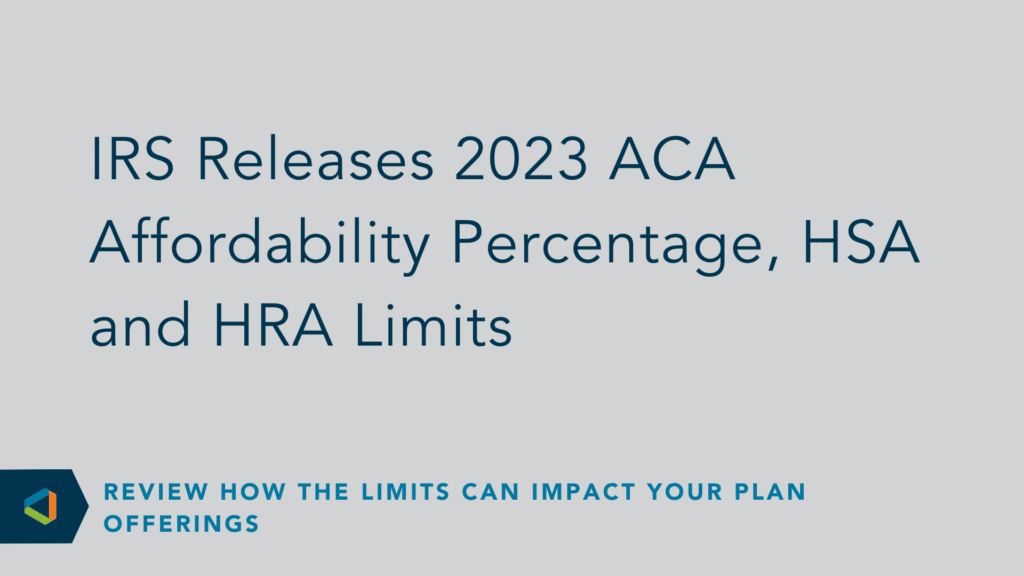Better Benefits, Compliance Confidence
HSA Requirements for Adult Dependents
HSA Requirements for Adult Dependents
Thanks to health care reform, employees can cover adult children on their health plan up to age 26.
However, due to HSA rules, you may not be able to spend HSA dollars on those older dependent children. Ensure your employees understand the nuances of these plans with the addition of their adult children so your business can remain compliant.
Healthcare reform legislation passed in 2010 allows adult children up to age 26 to be covered by their parents’ health plans, including high-deductible plans. However, the tax laws regarding HSAs have not changed. An adult child must still be considered a tax dependent in order for their medical expenses to qualify for payment or reimbursement from a parent’s HSA. This means that an employee whose 24-year-old child is covered on their HSA-qualified health plan is not eligible to use HSA funds to pay that child's medical bills unless the child qualifies as a tax dependent.
If employees can't claim a child as a dependent on their tax returns, then they can't spend HSA dollars on services provided to that child.
According to the Internal Revenue Service (IRS) definition, a dependent is a qualifying child (daughter, son, stepchild, sibling or step sibling, or any descendant of these) who meet these three criteria:
- Has the same principal place of abode as the covered employee for more than one-half of the taxable year, and
- Has not provided more than one-half of his or her own support during the taxable year, and
- Is not yet 19 (or, if a student, not yet 24) at the end of the tax year, or is permanently and totally disabled.
One way around this is for an adult child to set up their own HSA. As long as they are covered on the family qualified HDHP, adult children can contribute the full family HSA amount into their HSA account. The dependent's contributions will not reduce the amount their parents can deposit into their accounts.
Example: Tim Jones has an HSA qualified HDHP through his employer. He covers himself, his wife Karen and their 24 year old daughter, Jill. Jill has a scheduled knee surgery. While Tim and Karen can’t use their HSA money toward Jill’s surgery, Jill can open her own HSA account and contribute the full family contribution to her HSA ($7,100 for 2020). She can use that HSA money to pay for her surgery out of pocket amount. Karen and Tim can also contribute the full family contribution into their HSA account as well.
The rules can be tricky but your OneDigital benefits consultants are here to help! We can expect some HSA changes in the future. A goal of the current Affordable Care Act (ACA) repeal efforts is to expand the use of HSAs, including raising the annual limits to match the annual out of pocket maximums and broadening how HSA funds may be used. As always, connect with your OneDigital consultant to keep apprised of any HSA and healthcare changes.




